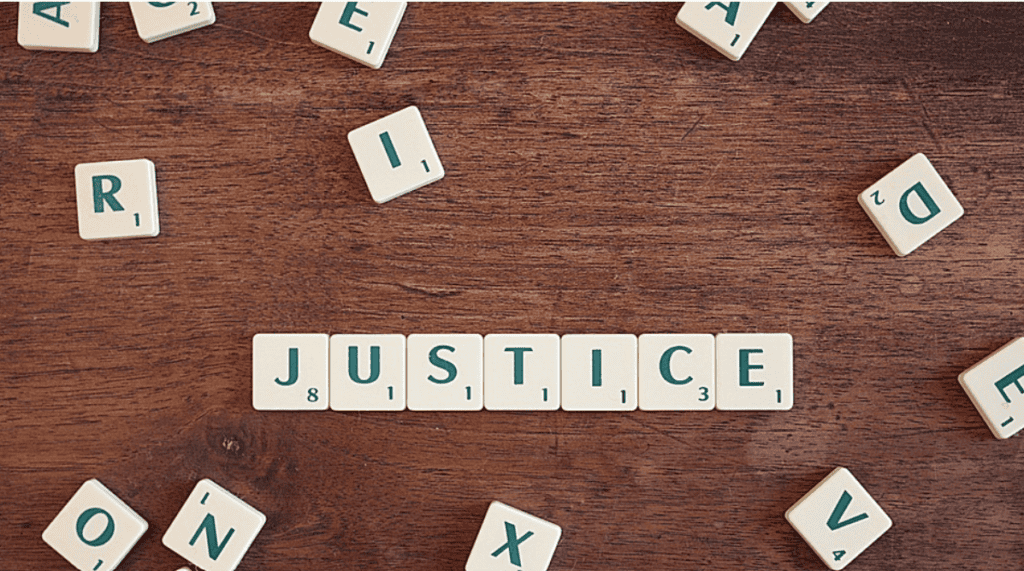Navigating the legal landscape can be a daunting task for anyone. Whether you’re facing a minor legal issue or dealing with complex litigation, finding the right lawyer is crucial to achieving a favorable outcome. This guide is designed to simplify the process, providing you with essential tips and considerations for selecting a lawyer who not only specializes in the appropriate area of law but also aligns with your personal and financial needs. With the right approach, securing legal representation doesn’t have to be an overwhelming challenge.

Determine Your Legal Needs
First and foremost, understanding the specific nature of your legal issue is essential. Different situations require different types of legal expertise. For instance, a divorce lawyer won’t be the right choice if you’re facing a criminal charge. Begin by defining the legal category your case falls into—be it family law, criminal law, estate planning, intellectual property, or any other specialized field. This will narrow down your search considerably and lead you to attorneys who are well-equipped to handle your case.
Once you have identified your legal needs, research local lawyers who specialize in the relevant field. Look for attorneys with a strong track record in handling cases similar to yours. Checking online reviews, and state bar association directories, and seeking recommendations from friends or family can be helpful starting points. Remember, the goal is to compile a list of potential lawyers who have the expertise you require. The folks at https://www.turnbullinjurylaw.com/ note that personal injury lawyers have a different set of qualifications and experience than tax attorneys, so be sure to look for specific credentials relating to your case. It’s also essential to consider the lawyer’s location and availability, as well as their fees.
Evaluate Their Experience and Expertise
After pinpointing potential candidates, examine their professional background and experience closely. An attorney with extensive experience in your area of concern is more likely to achieve a favorable outcome. Verify their credentials, including education, years in practice, and case outcomes. Don’t hesitate to ask for references or to discuss similar cases they have handled in the past.
It’s also important to assess whether the lawyer has any relevant certifications or specializations. Many legal fields have certifications that lawyers can earn, which signify a higher level of expertise. Additionally, consider their courtroom experience if your case is likely to go to trial. A lawyer who is comfortable and experienced in a courtroom setting can be invaluable.
Consider Compatibility and Communication
The importance of a good personal fit cannot be overstressed. You will be sharing sensitive information with your lawyer, so it’s crucial that you feel comfortable communicating with them. Pay attention to how they interact with you during initial consultations. Are they listening attentively? Do they explain complex legal concepts in a way that you can understand? These factors are indicative of how your relationship will unfold.
Evaluate their communication style and responsiveness. Your attorney should be accessible and willing to keep you informed throughout the process. Inquire about their policy regarding returning calls or emails. A lawyer who values transparency and timely communication will alleviate much of the stress associated with legal proceedings.
Analyze Fee Structures and Costs
Understanding how legal fees and costs work is critical before making a commitment. Lawyers may charge by the hour, offer flat-rate services, or work on a contingency basis, depending on the case type. Ask for a detailed explanation of their fee structure, including any additional costs, such as filing fees or expenses for expert witnesses. This will help prevent any surprises when the bill arrives.
Don’t shy away from discussing payment options or negotiating fees. Some attorneys are flexible with their billing arrangements and willing to work out a plan that fits your financial situation. Transparency about fees and openness to discussion are good signs of a reputable lawyer who has your best interests at heart.
Make an Informed Decision
Take your time to make an informed decision. Review all the information you have gathered about each candidate’s qualifications, experience, compatibility, and fees. It may also be beneficial to have a face-to-face meeting with your top choices to gauge your comfort level and ask any remaining questions.
Remember, choosing the right lawyer is a highly personal decision that can significantly impact the outcome of your case. Trust your instincts and select the attorney who not only has the requisite expertise and experience but also feels like the right fit for you personally and financially.

Finding the right lawyer can be a challenging process, but it’s an essential step in achieving a positive outcome for your legal needs. By following these tips and conducting thorough research, you can feel confident that you have chosen the best attorney to represent you and protect your rights. With the right legal representation, you can navigate any legal issue with peace of mind and a clear path toward resolution.
